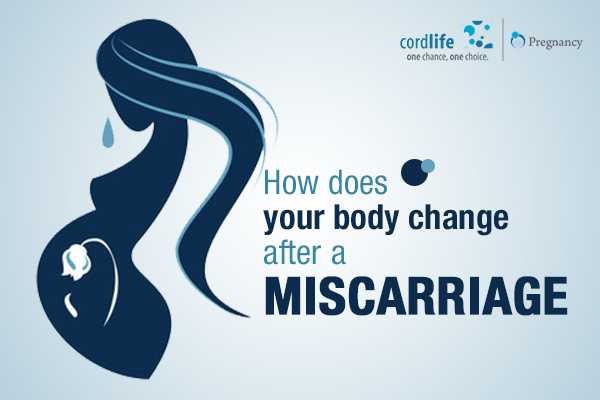Table of Contents
Has it been a few months that you have pulled yourself up from the grief of miscarrying your first unborn? We know that, now there’s a feeling of numbness and shock in you. After all, you didn’t want to lose your baby.
Well! We sincerely empathise with your grief. But, talking about miscarriage, let us tell you that, you are not alone in this phase. Studies have claimed that, around 15% of pregnancies end in miscarriage. And, maternal age, uterine abnormalities, hormonal irregularities, body weight and medical conditions like diabetes, thyroid, and hypertension are some of the leading causes of miscarriage.
However earlier, pregnancy loss used to be a “hush-hush” thing in the society. But these days and ages, pregnancy loss gets discussed out in the open and the conversations mostly revolves around the emotional and physical response that your body undergoes after the miscarriage –
So, What Happens to Your Body After Miscarriage?
Every woman’s body reacts differently to pregnancy loss. Therefore, there no one symptom that she will experience after her miscarriage.
Abdominal Cramps and Vaginal Bleeding
Since the uterus contracts to release blood and tissue, it had been holding on to, experiencing mild to severe lower abdominal cramping, spotting for up to 4 weeks and vaginal bleeding, (almost similar to heavier menstrual bleeding) is not uncommon. Since the foetus gets detached from the uterine lining, during a miscarriage, this bleeding lasts for a week, or sometimes even more than that. However, the duration of bleeding mostly depends upon the type of miscarriage you underwent. Plus, lower abdomen pain may last up to 2 days after your miscarriage. This pain is almost similar to your cramps during periods and might even extend up to your lower back. In such cases medical or surgical intervention might be necessitated.
Breast Change
Oestrogen and progesterone hormones during early pregnancy rise not just to prepare the uterine lining for implantation and help the foetus to develop but also supports the production of milk. However, these hormones which once rose rapidly, begins to drop after a pregnancy loss. It in fact, signals your body to subside the production of milk. That means, with no breast stimulation, the milk making process is going to stop on its own after a week or two.
Nauseous and Puckish Feeling
Usually, during early pregnancy, doctors take the Human chorionic gonadotropin (hCG) test looking the pregnancy symptoms in the uterine. The hCG hormones, (responsible for producing the placenta and the hormone-producing cells that form ovaries), are high during early pregnancy, and contribute to the symptoms like nausea and vomiting. After a miscarriage, however, these hormones tend to remain in the bloodstream for about a month or two and might continue to make you feel nauseous and puckish.
Other Side Effects
This dramatic shift in hormones can greatly impact your emotions. So, shame, guilt, anxiety, disappointment, failure, insomnia and fatigue are not uncommon.
But Every Cloud Has A Silver Lining
Although a miscarriage is not in your hands, but by talking to some people close in your life like your partner, friends or family members and sharing grievances will give you some relief. You can even discuss your issues with a mental health professional, who will recommend you to support groups, where you will listen to others and share your own experience with them.
That’s not all. Keep consulting your gynaecologist and set an activity routine for yourself. Who knows you might expect a rainbow baby?
